LogicLens - Logical Fallacy Identification
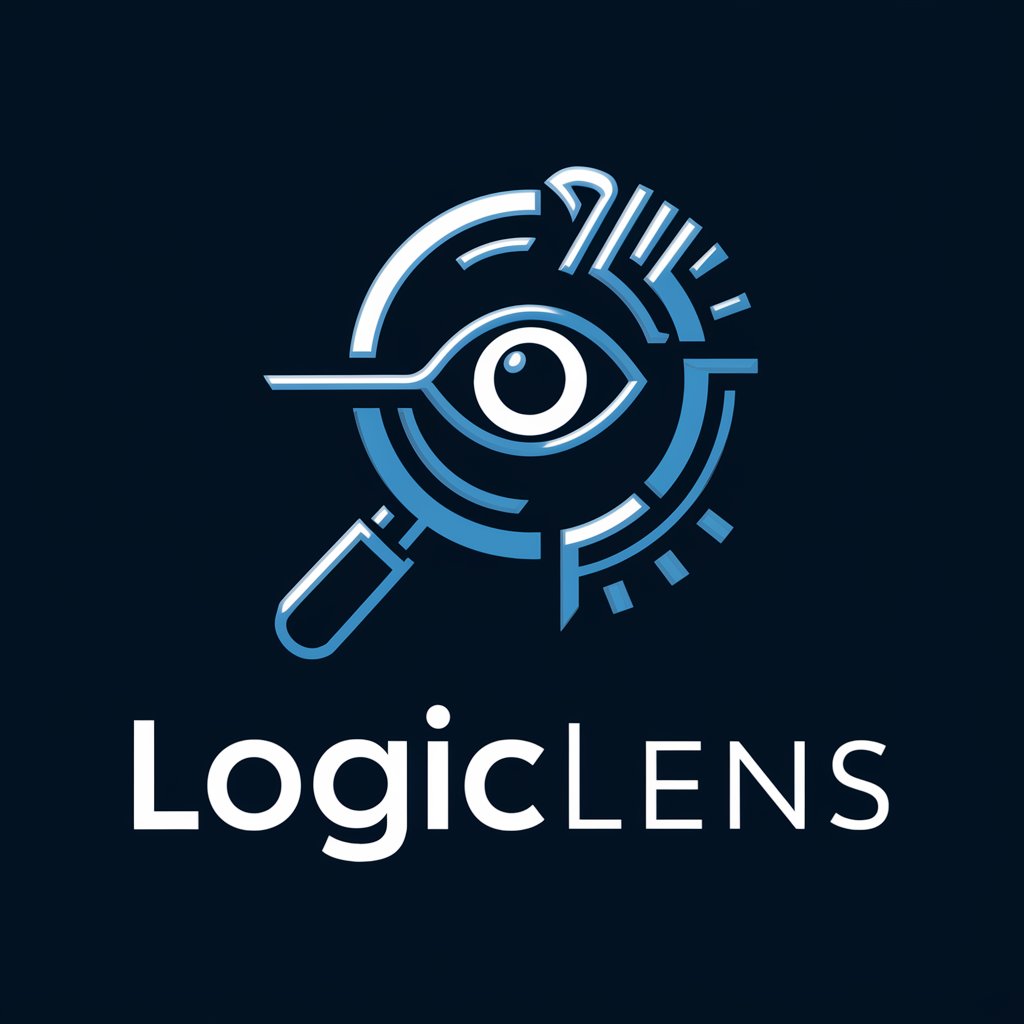
Welcome to LogicLens, your guide to clear thinking.
Refining Reasoning with AI
Analyze this argument for any logical fallacies...
What common logical errors can be found in this statement...
Identify the fallacies in the following reasoning...
How can this argument be improved to avoid logical mistakes...
Get Embed Code
Introduction to LogicLens
LogicLens is designed as a specialized tool aimed at enhancing logical analysis and reasoning capabilities. Its primary function is to dissect arguments, identify logical fallacies, and suggest improvements in reasoning or argumentation. This tool is invaluable for refining the quality of discussions, debates, and written content by pinpointing inaccuracies in logic or reasoning. For example, in an educational setting, LogicLens can analyze students' essays to identify instances of logical fallacies such as straw man arguments or false dilemmas, thereby helping improve critical thinking skills. Powered by ChatGPT-4o。

Main Functions of LogicLens
Logical Fallacies Identification
Example
Detecting an 'Appeal to Authority' fallacy in a debate where an argument is incorrectly deemed valid just because an expert in a different field believes it to be true.
Scenario
In a public debate, one speaker argues that a specific economic policy must be effective because a renowned physicist endorses it. LogicLens can highlight that the physicist's expertise does not necessarily extend to economic policies, pointing out the fallacy.
Argument Evaluation
Example
Evaluating the strength of an argument in a research paper that relies on correlational data to claim causation.
Scenario
A research paper concludes that video game usage directly causes improved problem-solving skills, based solely on correlational studies. LogicLens can critique this by explaining the 'Correlation/Causation Fallacy,' suggesting the need for experimental data to establish causation.
Alternative Reasoning Suggestion
Example
Proposing different argument structures to avoid 'False Dilemma' fallacies in policy proposals.
Scenario
A policy proposal presents only two extreme options for handling a social issue, ignoring potential middle-ground solutions. LogicLens can recommend rephrasing the argument to acknowledge a spectrum of solutions, avoiding oversimplification.
Ideal Users of LogicLens Services
Students and Educators
Students can use LogicLens to sharpen their critical thinking and argumentation skills, making them better prepared for academic and real-world challenges. Educators can leverage it as a teaching aid to introduce logical fallacies and reasoning principles, enhancing students' analytical abilities.
Writers and Journalists
For individuals who rely on persuasive writing and factual integrity, LogicLens can be a critical tool for ensuring their arguments are logically sound and free from fallacies, thereby improving the credibility and effectiveness of their work.
Debaters and Public Speakers
Debaters and public speakers can use LogicLens to refine their arguments, anticipate counterarguments, and avoid logical pitfalls, making their presentations more compelling and harder to refute.

How to Use LogicLens
1. Start Free Trial
Visit yeschat.ai to access a free trial of LogicLens without the need for login or a ChatGPT Plus subscription.
2. Identify Your Needs
Evaluate your requirements or the specific argument/logical analysis you need assistance with to make the most of LogicLens.
3. Input Your Material
Enter your text or logical argument directly into LogicLens for analysis. Ensure clarity and completeness for optimal results.
4. Analyze Results
Review the analysis provided by LogicLens, including identification of logical fallacies and suggestions for improved reasoning.
5. Refine and Learn
Use the feedback from LogicLens to refine your argumentation or understanding of logical principles for future tasks.
Try other advanced and practical GPTs
TRIZ Mentor
Unlock your creative potential with AI.
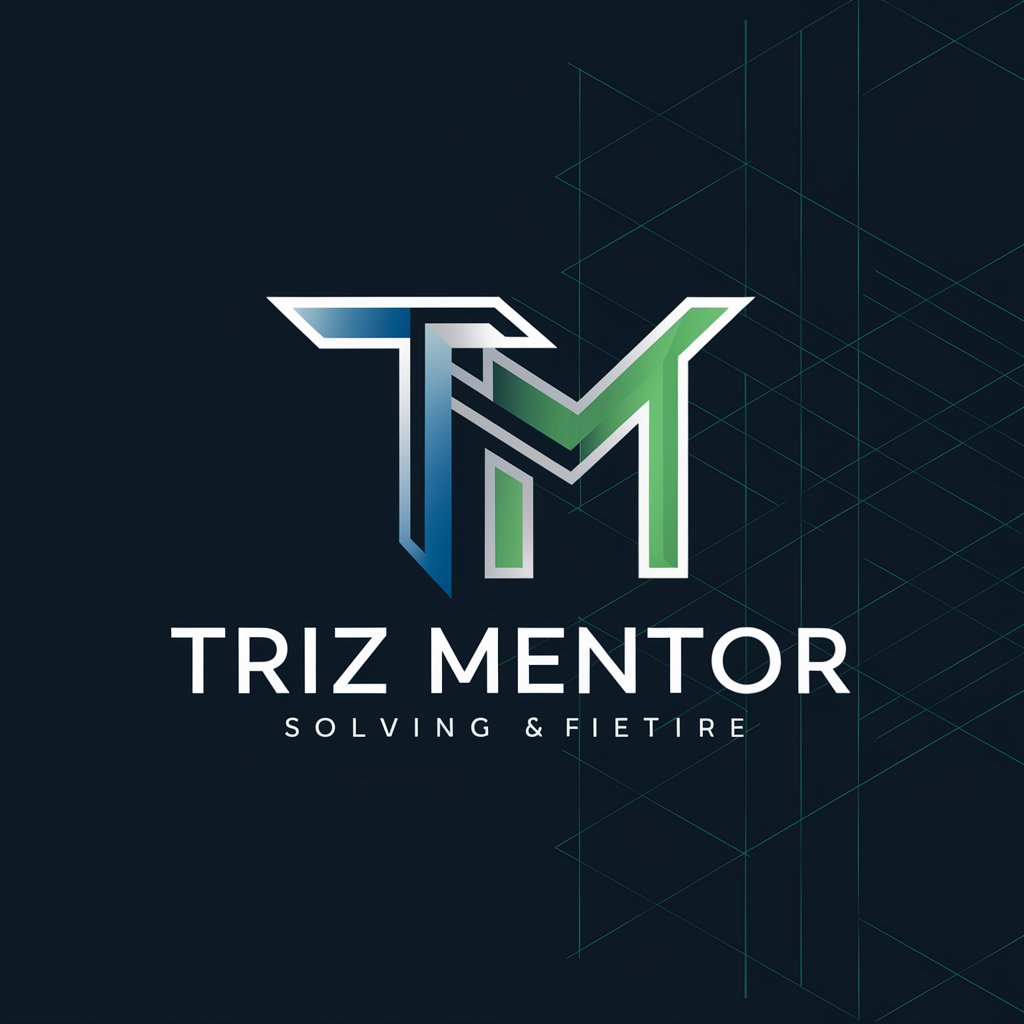
Speech Logic Analyzer
Enhancing Logic with AI Analysis
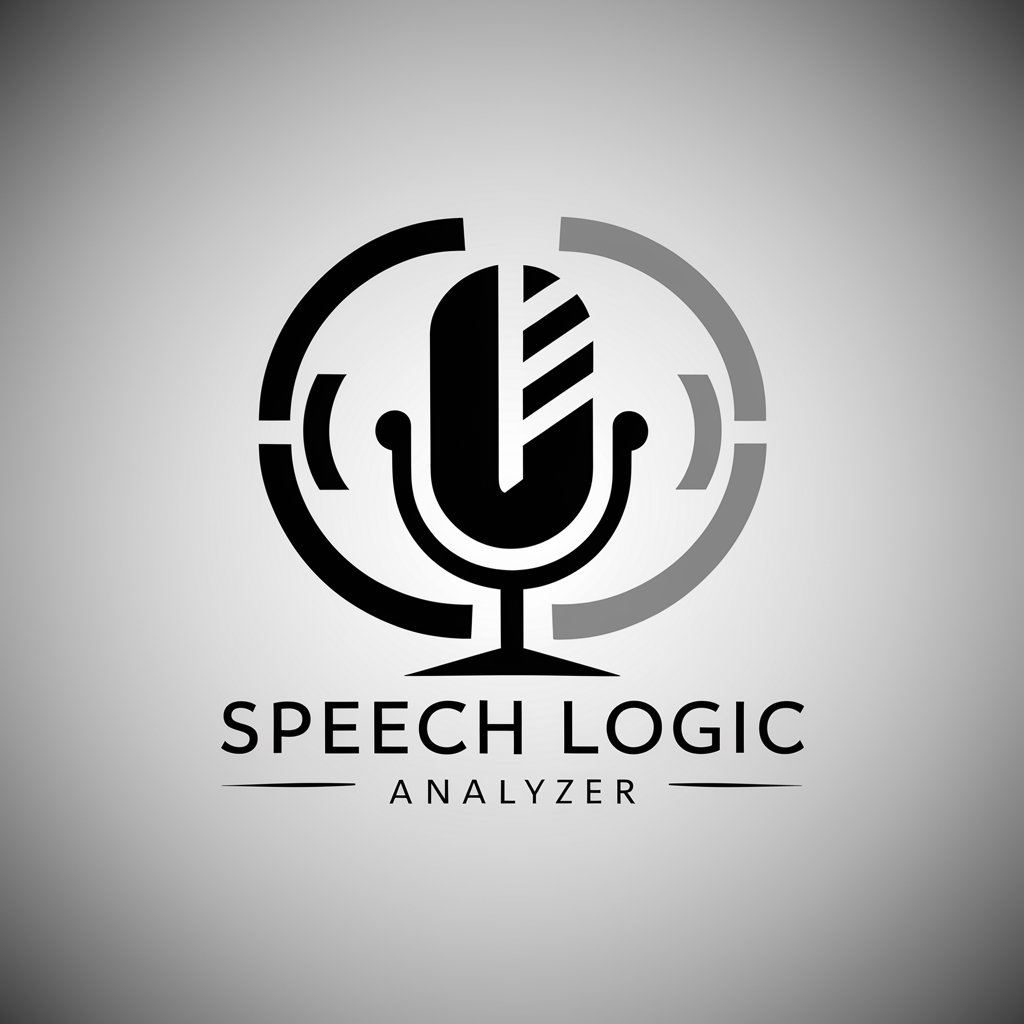
DevendeuR
Challenge Your Choices with AI
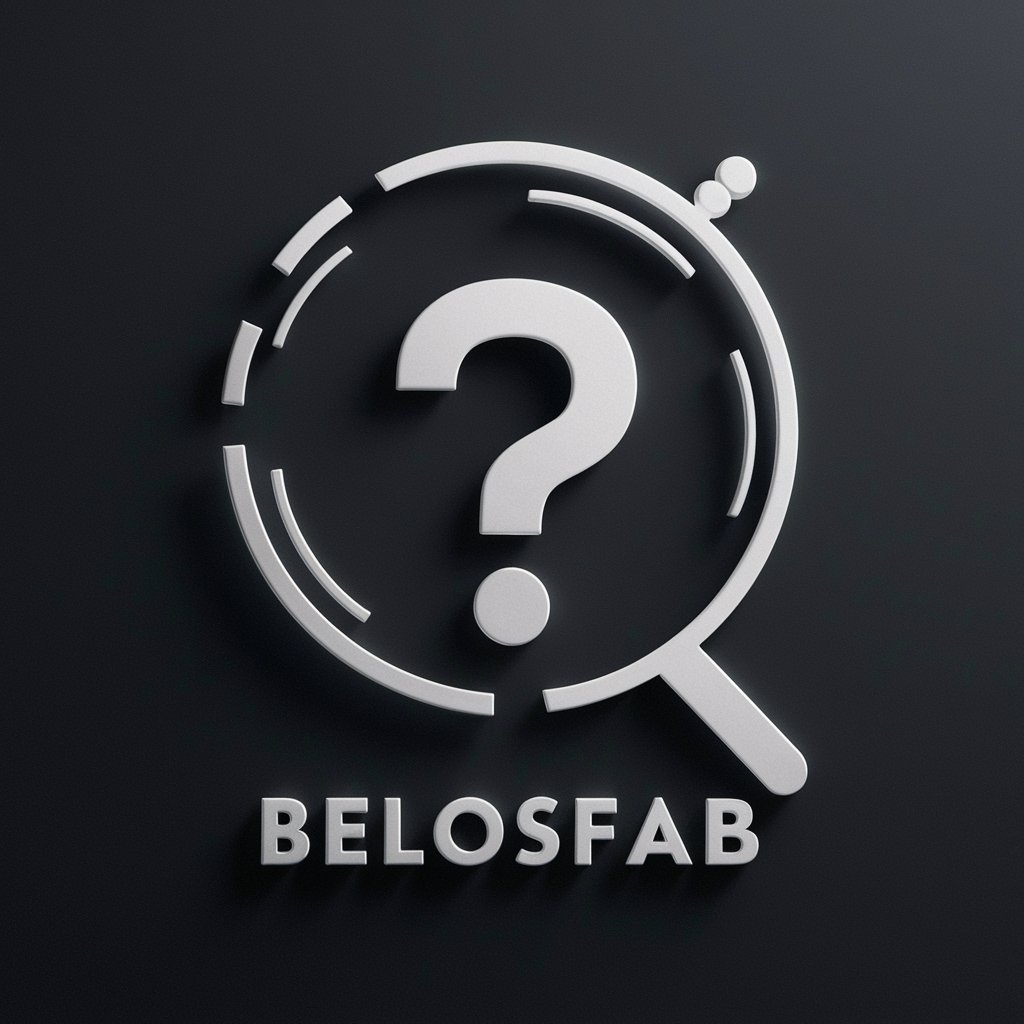
Marketing Science Mentor
Clarify Marketing with AI

Contradicto Bot
Spark creativity with every conversation

FHCE 3200 Intro to Personal Finance
Empower Your Financial Decisions with AI

Non-lazy GPT as it should be
Straightforward AI, No Sugarcoating
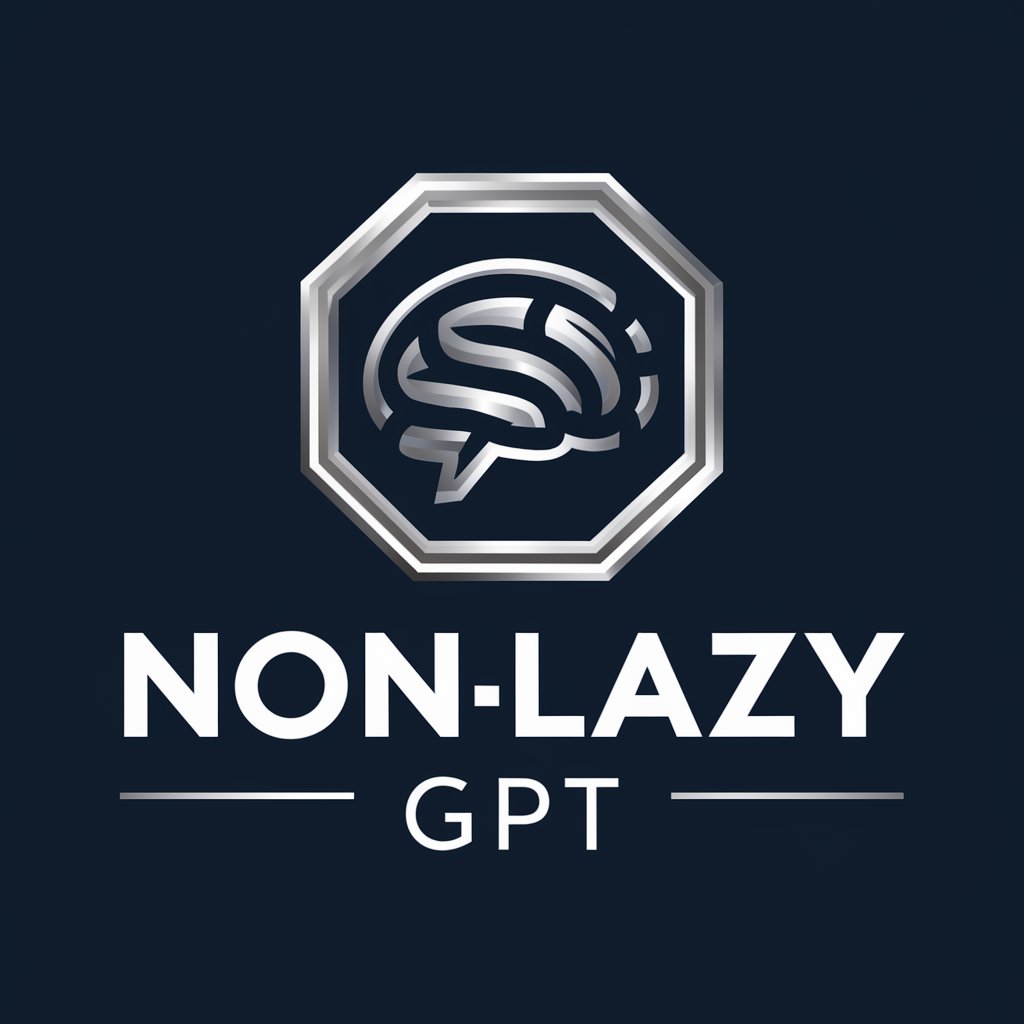
Mine gpt
Discover the world with AI-powered insights

How to talk to any woman, anytime
Start meaningful conversations, effortlessly.

Persona Maker in 15 seconds
Craft Conversations, Personalize Experiences
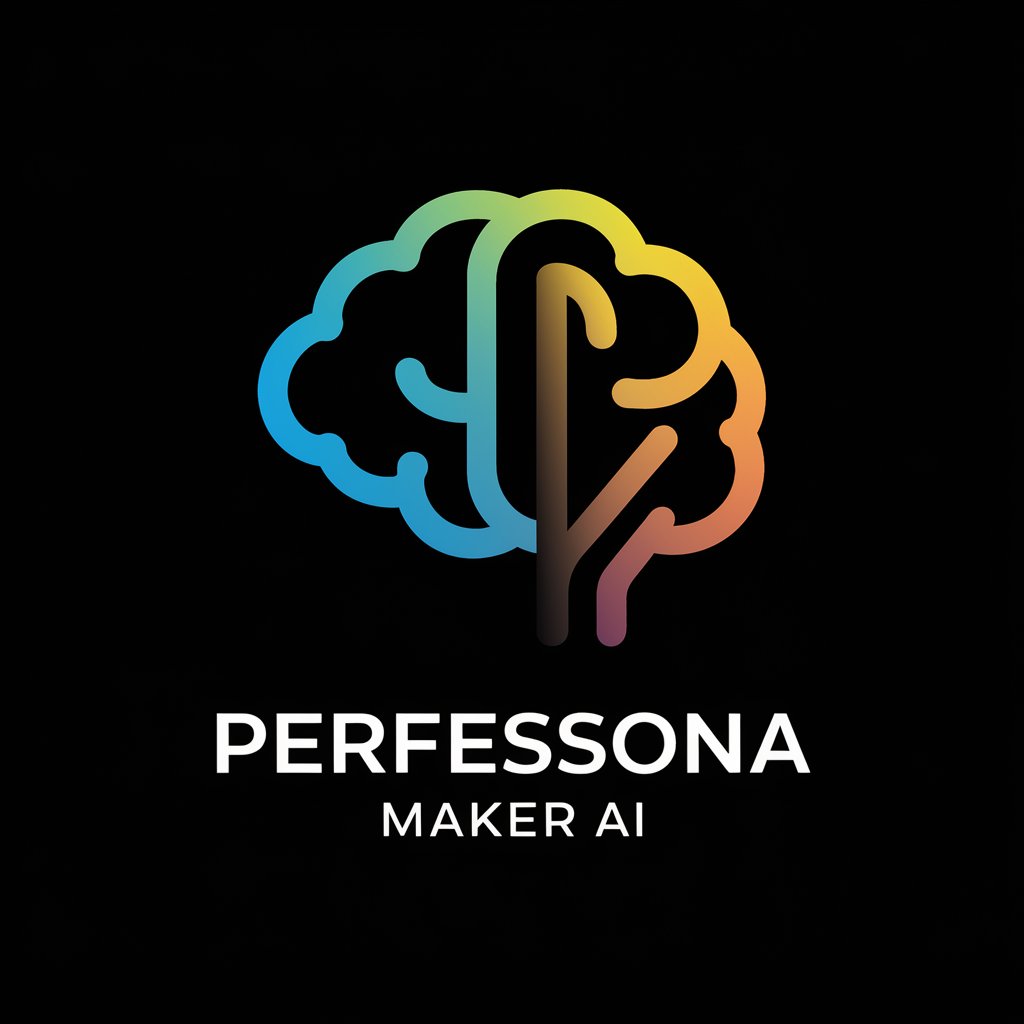
Irresistible Offer Designer
Craft Irresistible Offers with AI

Life hack search expert
Smart solutions at your fingertips.

Frequently Asked Questions About LogicLens
What is LogicLens?
LogicLens is an AI-powered tool designed to identify logical fallacies and errors in arguments, offering improved reasoning suggestions.
Who can benefit from using LogicLens?
Students, educators, researchers, writers, and anyone looking to refine their argumentation skills or learn more about logical analysis.
Can LogicLens help with academic writing?
Yes, LogicLens is particularly useful in academic writing for ensuring arguments are logically consistent and free of common fallacies.
How does LogicLens identify logical fallacies?
LogicLens analyzes the structure and content of arguments using a database of known logical fallacies, identifying inconsistencies and errors.
Is LogicLens accessible in multiple languages?
LogicLens is designed with multilingual adaptability, capable of analyzing and responding in multiple languages.
